A third Soft White Underbelly interview and portrait of Orion Taraban, psychologist in the San Francisco Bay Area, California. Dr. Taraban runs the PsycHacks YouTube channel, providing listeners with brief, thought-provoking episodes on a variety of psychological topics, inspired by his clinical practice.
You shouldn’t be surprised by an observation another person makes about you, especially a negative observation. This speaks to the importance of doing what you might call shadow work. Shadow work is the process of looking inward and appreciating that there might be irrevocable darkness inside of you, that all human beings are capable, under certain circumstances, of all kinds of different things. […] What happens when people don’t look inward and accept that there is at least that capacity for evil or darkness inside of them, even if it’s not being actualized. As long as they don’t see that capacity, they’re subject to denying it and disavowing it, which doesn’t actually eliminate that darkness. It’s more likely to come under the guise of identification with others in so much as those disavowed aspects of self don’t really get integrated into the personality. That’s only possible through the acceptance and the processing and the shadow work.

What they do is they tend to get projected onto other people and then the folks who haven’t fully integrated and accepted themselves then seek to eradicate their own projected darkness by trying to destroy the object onto which that darkness was projected, and that’s ultimately the source of the lion’s share of unnecessary suffering on this planet, people trying to purge the world of their own projected darkness.
It’s easy to say what the solution is: to look inward and say, well, you know “he without sin casts the first stone” kinda thing, like: Are you really that pure? Are you really that good? Are you really that righteous? And to deeply accept with humility your own limitations and propensities for darkness. And that actually keeps you safe. It’s the people who don’t think that they can do any harm, or can do any wrong, that are often so convicted into the righteousness of their own perspectives that they create a lot of a lot of suffering for others in the world.
Orion Taraban
If we put in one pan the evil the “pure” have poured out upon the world, and in the other the evil that has come from men without principles and without scruples, the scale would tip toward the first.
Cioran, “Defense of corruption”
When we have no further illusions about ourselves, we retain none about others; the unspeakable that we discover by introspection we extend, by a legitimate generalization, to other mortals; depraved in their essence, we rightly endow them with all the vices which, oddly enough, most of us turn out to be unfit for or averse to ferreting out, to observing in ourselves or in others. How easy it is to do evil: every one manages; but to assume it explicitly, to acknowledge its inexorable reality, is an unwonted feat.
Cioran, History and Utopia
In practice, anyone can compete with the devil; in theory, this is not the case. To commit horrors and to conceive horror are two irreducible actions: no common ground between the experience of cynicism and cynicism in the abstract. Let us beware of those who subscribe to a reassuring philosophy, who believe in the Good and willingly erect it into an idol; they could not have done so if, honestly peering into themselves, they had sounded their depths or their miasmas.
Cioran, History and Utopia
If you’re not willing to risk the unusual, you’re going to have to settle for the ordinary. If you just do what everybody does, you get what everybody has. So, that means in order to be extraordinary you have to be willing to deviate often in significant ways from normative behavior and values, which generally means that you become less aligned with the people immediately around you. I made an episode that just came out about this, which is the cost of living your own life. The cost of living your own life is the acceptance of others. You can’t both be accepted by others and to live your own best life. The two things are not possible. Why? Because the normative conventions are like buying clothes off the rack. They’re only going to fit you to a certain extent. If you want a life that is really built towards your preferences and talents and skills it has to be custom tailored which means that you’re going to have to change or build from the ground up a completely new fabric for your life. And that’s very difficult for people to do. It becomes very lonely. We often inappropriately believe that we could tolerate social disapproval especially at the level that it’s capable of attaining in today’s day and age.
Orion Taraban
Whereas a thinker requires—to dissociate himself from the world—an enormous labor of interrogations, the privilege of a flaw confers from the start a singular destiny. Vice—bestower of solitude—offers the man marked out by it the excellence of a separate condition. […] Having exhausted his appetites, the man who approaches a limit-form of detachment no longer wants to perpetuate himself; he loathes surviving in someone else, to whom moreover he has nothing more to transmit; the species appalls him; he is a monster—and monsters do not beget. “Love” still holds him prisoner: an aberration among his thoughts. In love he seeks an excuse to return to the common condition; but the child seems as inconceivable to him as the family, as heredity, as the laws of nature. With neither profession nor lineage, he achieves—final hypostasis—his own conclusion. […] Those who do not remain inside the realty they cultivate, those who transcend the task of existing, must either compromise with the inessential, reverse gears and take their places in the eternal farce, or accept all the consequences of a severed condition which is either superfetation or tragedy, depending on whether it is contemplated or endured.
Cioran, A Short History of Decay
Soft White Underbelly is an American YouTube channel by Mark Laita, a former commercial photographer, who interviews “people who are frequently invisible in society—the unhoused, the sex worker, the chronic drug user, the runaway, the gang member, the poor and the sick”. Laita created the channel in April 2016. Wikipedia
RELATED CONTENT:


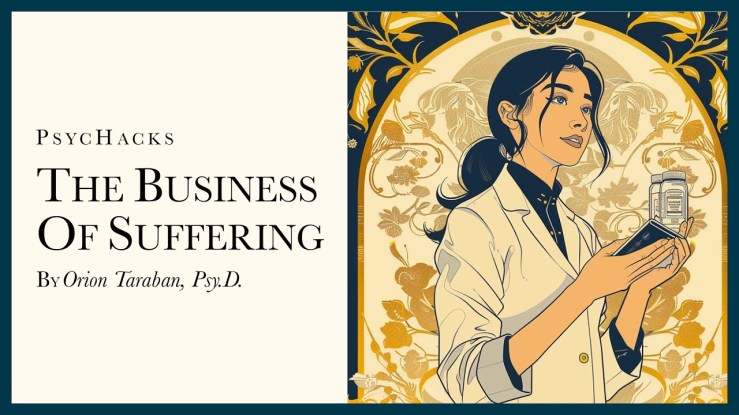
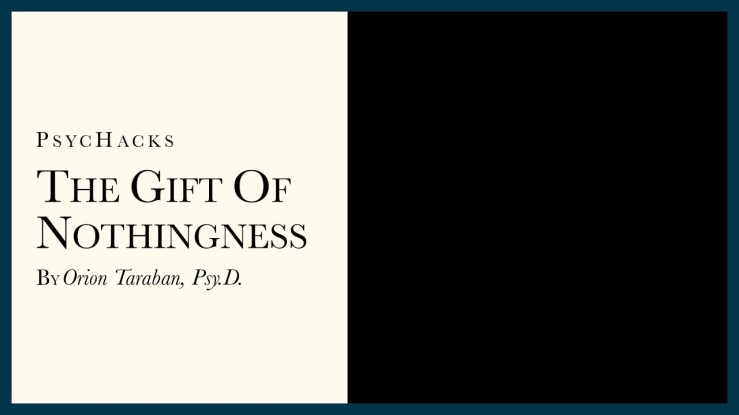
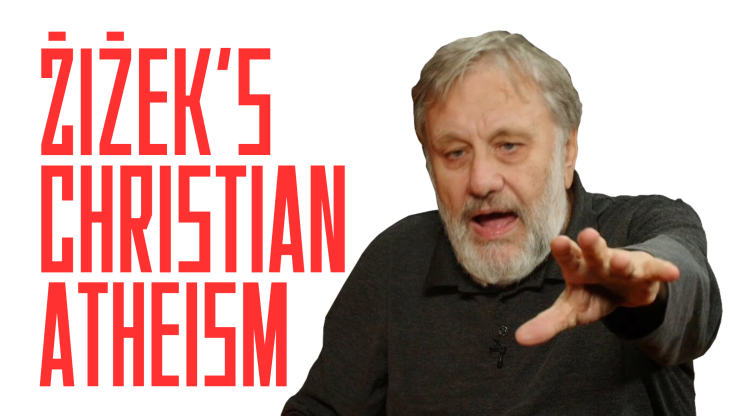
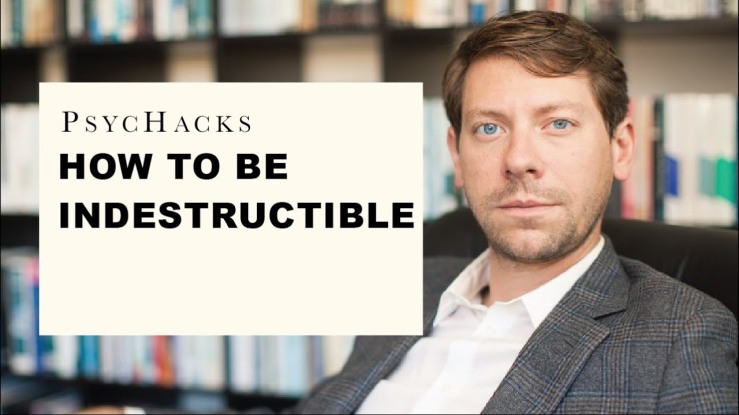

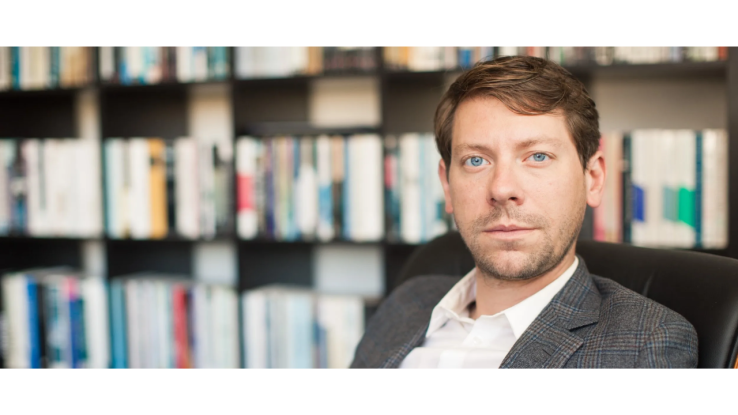
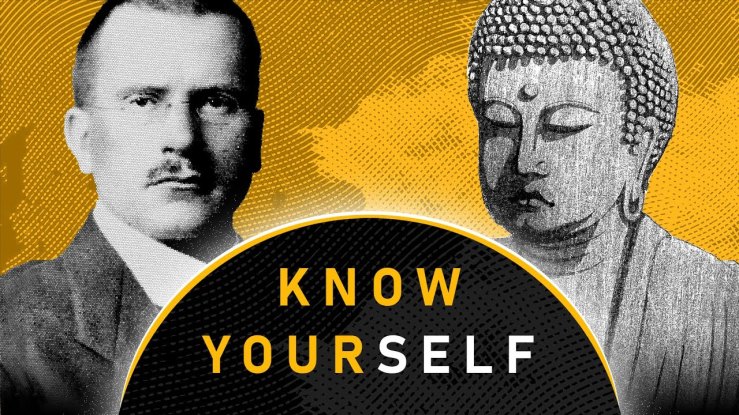


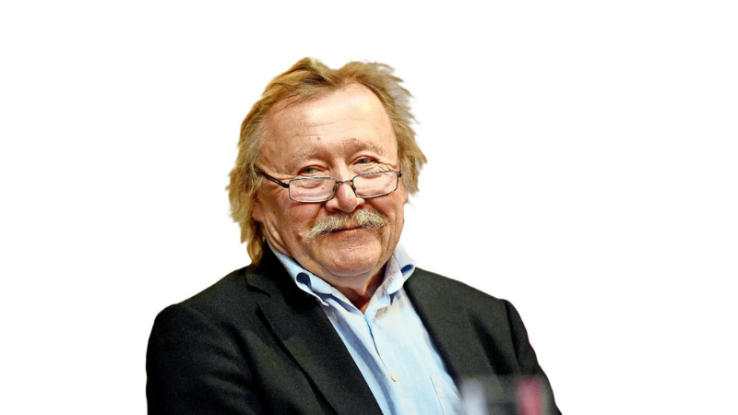



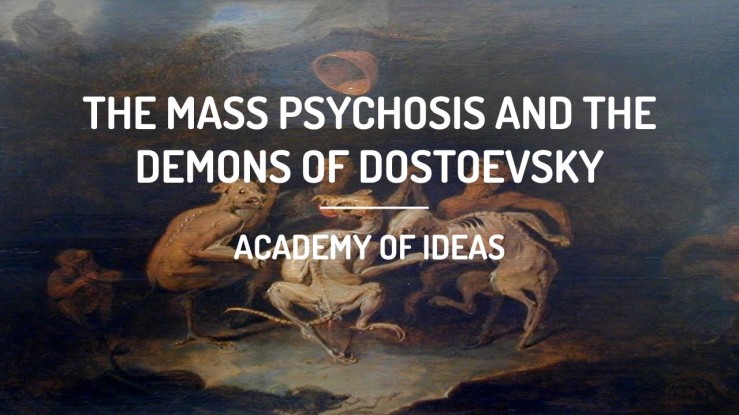






Você precisa fazer login para comentar.